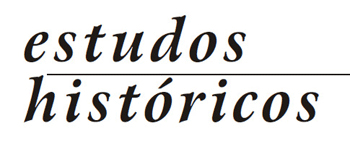Abstract
To serve themselves of the enslaved workforce considering what was then understood as fair and correct, the slave masters had to follow a series of prescriptions. Among those recurrently listed as essential and irrefutable duties, three can be highlighted: to dress the slaves properly, to punish them with justice and to feed their bodies. Therefore, in the present article, taking the last of these aspects, the food, we will try to present the arguments that supported the legal and moral obligation on the part of the slave masters of adequately providing enough food in terms of quality and quantity for the slaves. From the impressions recorded by priests, administrators, moralists and travellers who passed by or settled in Brazil (mainly during the 18th century), the purpose of this brief study is, rather than to present the ingredients that comprised the ration of the captives, to discuss the justifications that supported the assertive that feeding the body of the slave was the inexcusable duty of the master.
Keywords:
Slavery; Colonial Brazil; Food; Morals; Economy
